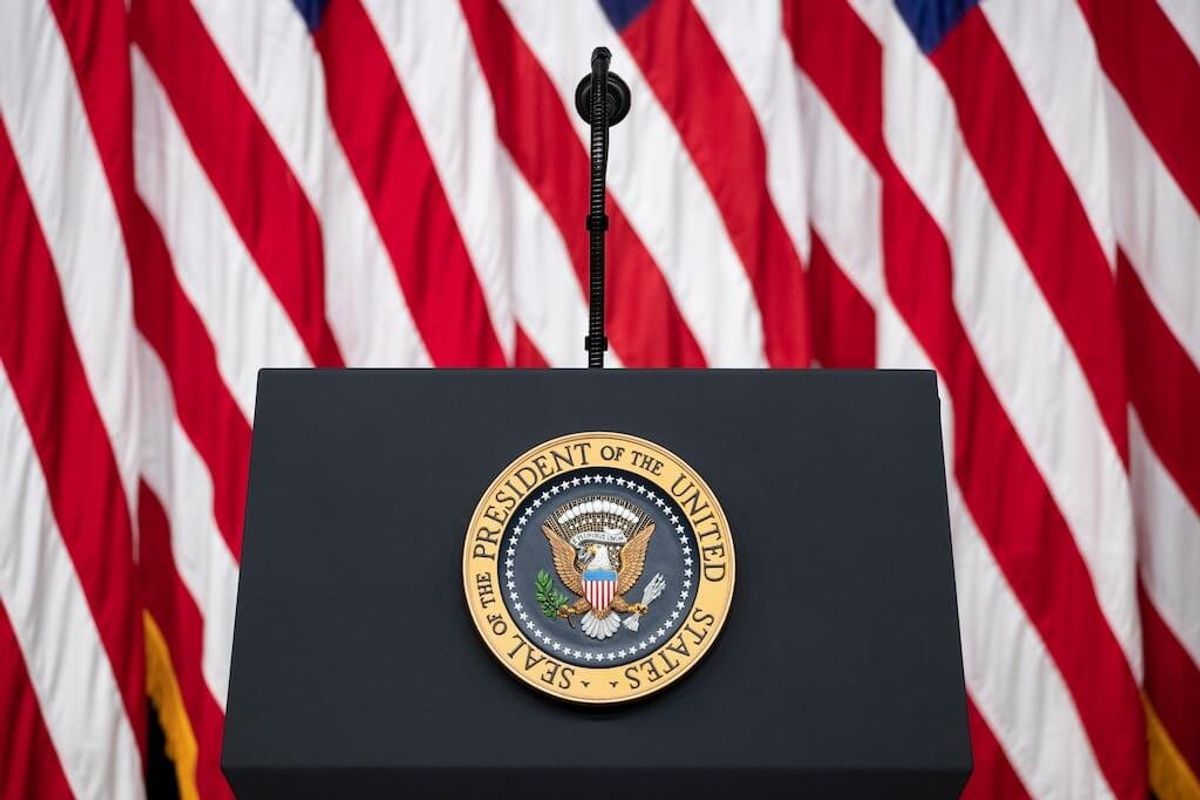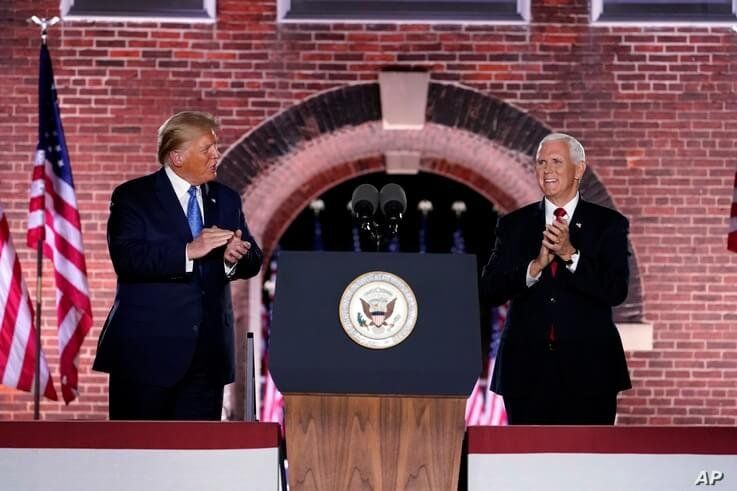
Trump COVID-19 Diagnosis Raises Issue of Continuity of Government
The new realities in Washington have once again pushed the issue of continuity of government to the forefront.
The 25th Amendment to the Constitution of the United States details the process by which the president or vice president are replaced in the event they are unable to execute their duties.
Reasons to replace the head of state or the vice president, who is the highest-ranking official in the presidential line of succession, are death, dismissal from office, resignation or incapacitation. Examples include the November 1963 assassination of U.S. President John F. Kennedy and the 1974 resignation of then-President Richard Nixon amid the Watergate scandal.
Discussion of the 25th Amendment was renewed after the announcement early Friday that President Donald Trump had tested positive for COVID-19, the disease caused by the coronavirus. First lady Melania Trump has also tested positive for COVID-19.
Trump is experiencing “mild symptoms” of the disease, the White House said Friday.
Vice President Mike Pence and his wife, Karen Pence, tested negative for the virus, a spokesman said Friday.

Under the 25th Amendment, if Trump were to fall seriously ill, he could invoke the 25th Amendment of the U.S. Constitution, temporarily giving Pence the powers of acting president.
To do so, he would send a note to the Senate president pro tempore, Republican Sen. Chuck Grassley, and the speaker of the House of Representatives, Democrat Nancy Pelosi.
"We are not anywhere close to that," a White House official said.
The amendment also says the vice president and a majority of the Cabinet (or a congressional body) could act to remove the U.S. leader "when the president is unable to discharge the powers and duties of his office," adding the vice president will immediately assume those powers.
If the president subsequently determines he is able to resume his duties, he must declare his fitness for office in writing to the Senate president pro tempore and the House speaker. The president would resume his duties unless the vice president and a majority of the Cabinet inform Congress in writing within four days of the president's letter that the president is still unable to perform his duties. Congress would then convene within 48 hours and have up to 21 days to deliberate.
A congressional determination that the president is not able to execute his duties must be decided by a two-thirds majority in the House and Senate.
If the two-thirds thresholds are not met, the president would be allowed to "resume the powers and duties of his office," the amendment states.
 How Politicians Worldwide Reacted to Trump COVID-19 InfectionNext PostAge, Weight Factor Into Trump’s COVID-19 Recovery Prognosis
How Politicians Worldwide Reacted to Trump COVID-19 InfectionNext PostAge, Weight Factor Into Trump’s COVID-19 Recovery Prognosis







